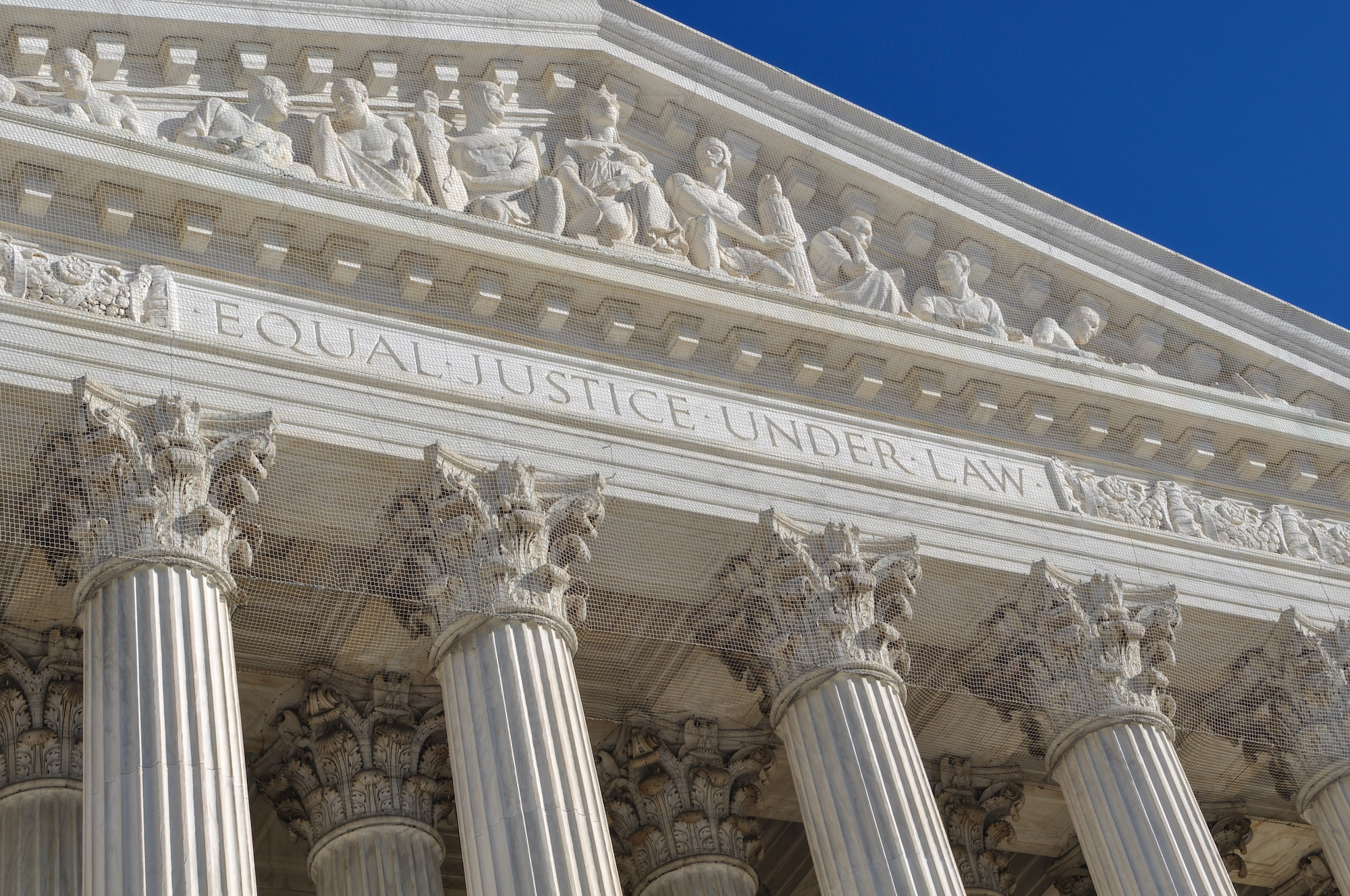A large group of congressional representatives wrote a letter to the Department of Justice asking for an official rejection of the Insular Cases. This is not the first time a member of Congress has spoken out against the Insular Cases. These cases were a group of Supreme Court decisions about the islands that became U.S. territories at the turn of the 20th century, including Puerto Rico. These decisions announced that Puerto Rico was not protected by the U.S. Constitution. Therefore, Puerto Rico does not have equal footing with states.
The Insular Cases allow Congress to treat Puerto Rico differently from the states — and that usually means treating Puerto Rico worse. These cases are the reason residents of Puerto Rico are not eligible for SSI. They allow disenfranchisement of residents of Puerto Rico in presidential elections. They keep Puerto Rico in a problematic territorial political status.
Why not overturn the Insular Cases?
The Supreme Court has had several chances to overturn the Insular Cases and they have chosen not to do so, even though at least two of the justices (Sonia Sotomayor and Neil Gorsuch) have written against them. This may be why the congressional reps asked the Department of Justice to take action. As part of the Executive Branch, the DOJ is separate from the judicial system, but can strongly influence decisions.
There have been previous cases in which the DOJ’s focus on a law has led to its repudiation or overturn.
So what would happen if the Insular Cases were overturned?
“Repealing the Insular Cases would enshrine citizenship for those born in the territories as a constitutional right, protect the rights of those living in the territories from the whims of Congress, and affirm their equality with those born on the mainland,” wrote Elliot Smith in the Brown Political Review. Smith acknowledges that leaders in American Samoa are worried that the end of the Insular Cases would mean the end of their traditional practices of land ownership, but presents an argument against the likelihood of this happening. Anyone could bring a case against those customs now if they wanted to, he points out.
Becoming incorporated
Puerto Rico would no longer be an unincorporated territory. U.S. citizenship would be protected by the Constitution and statehood would be the logical next step for the territory, as it was for all the other territories which have already become states. The many decisions made by Congress which treat Puerto Rico as less than a state could be revisited.
But Puerto Rico would still be a territory. Being a territory is not like being a state. That is why the incorporated territories all became states: statehood is better. Hawaii became a state for a number of reasons, including the desire of indigenous people to have equal representation and the power to vote their representatives into Congress. Alaska’s admission as a state raised the residents out of terrible poverty. Texas was an independent nation when they requested statehood. The end of the Insular Cases would be a blessing for Puerto Rico, but would not bring equality and justice to the people of the Island. Only statehood will do that.
Tell your representatives that you want them to support the overturn of the Insular Cases, but be sure to tell them also that you want them to support the admission if Puerto Rico as a state.








No responses yet